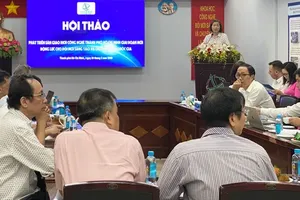
The overarching objective is to develop a highly qualified workforce in science, technology, engineering, and mathematics (STEM) to meet the growing demand driven by increased investment in high-tech industries. This initiative aims to enhance Vietnam’s global competitiveness, attract major technology corporations, support economic restructuring, and promote sustainable development in the new era.
By 2030, the specific goal is to significantly expand advanced STEM education, particularly in the foundational sciences and emerging fields such as digital technology, artificial intelligence, and biotechnology. The target is for STEM students to comprise 35 percent of all academic disciplines at each training level, with at least 2.5 percent in basic sciences and 18 percent in digital technology-related majors.
Annually, 80,000 graduates are expected from information and communication technology (ICT) programs, including a minimum of 10 percent earning engineer, master’s, or doctoral degrees. Similarly, 8,000 graduates per year are projected from artificial intelligence programs, with at least 20 percent attaining advanced degrees. Furthermore, all undergraduate and graduate STEM programs will integrate training in data analysis and artificial intelligence.
From 2030 to 2035, these targets will be further elevated. By 2045, Vietnam aspires to position high-quality, highly skilled STEM talent as a key national advantage in attracting high-tech investment, especially in strategic technology sectors.
Vietnam’s higher education system is expected to be recognized among Asia’s leaders in STEM training and research, with a strong focus on digital technology, AI, and biotechnology.
To realize these goals, six key task groups have been identified. Foremost is the enhancement of investment policies in STEM education, including increased financial support for learners. Proposed measures include revising credit regulations to broaden eligibility, reduce interest rates, raise loan limits, extend repayment periods, and introduce special incentives for STEM fields.
Additionally, the Government will implement talent development programs tied to scientific research and technological innovation. These include 100 elite engineer and master’s programs and 100 doctoral programs in STEM disciplines, aligned with the growth of leading research groups in priority strategic and high-tech fields.
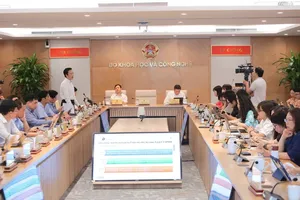
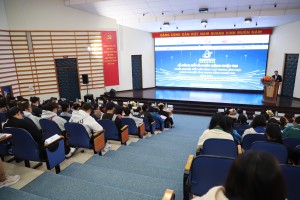

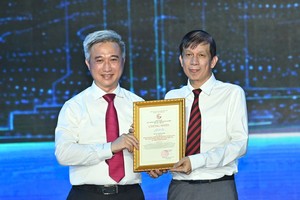
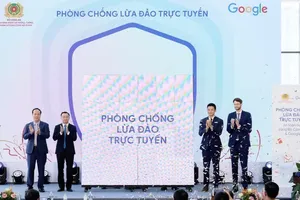


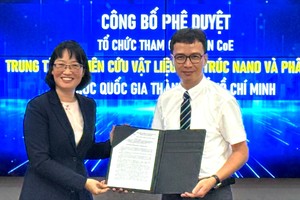




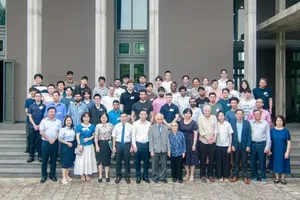
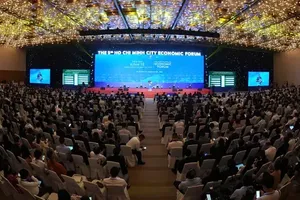
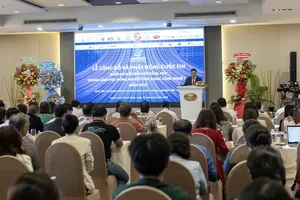
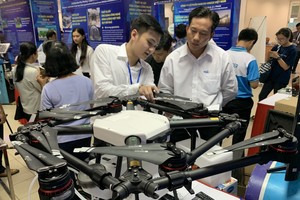
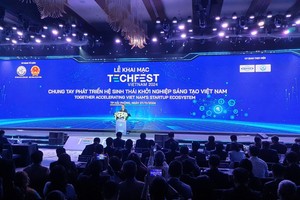
)

